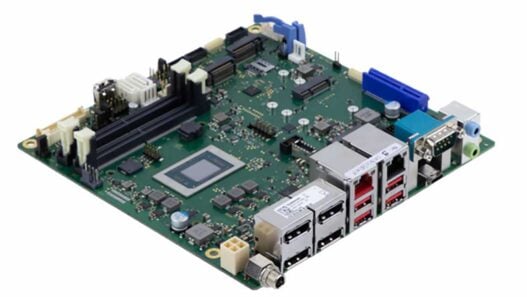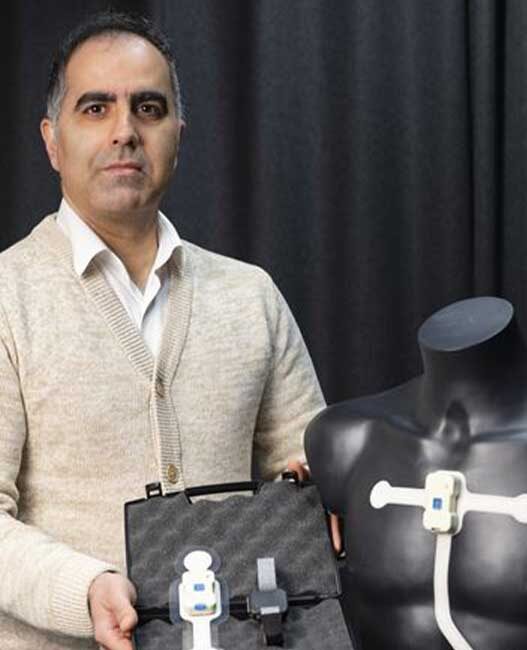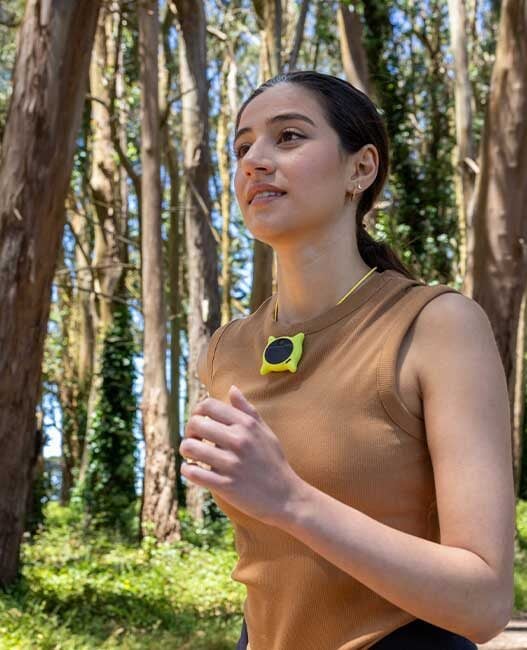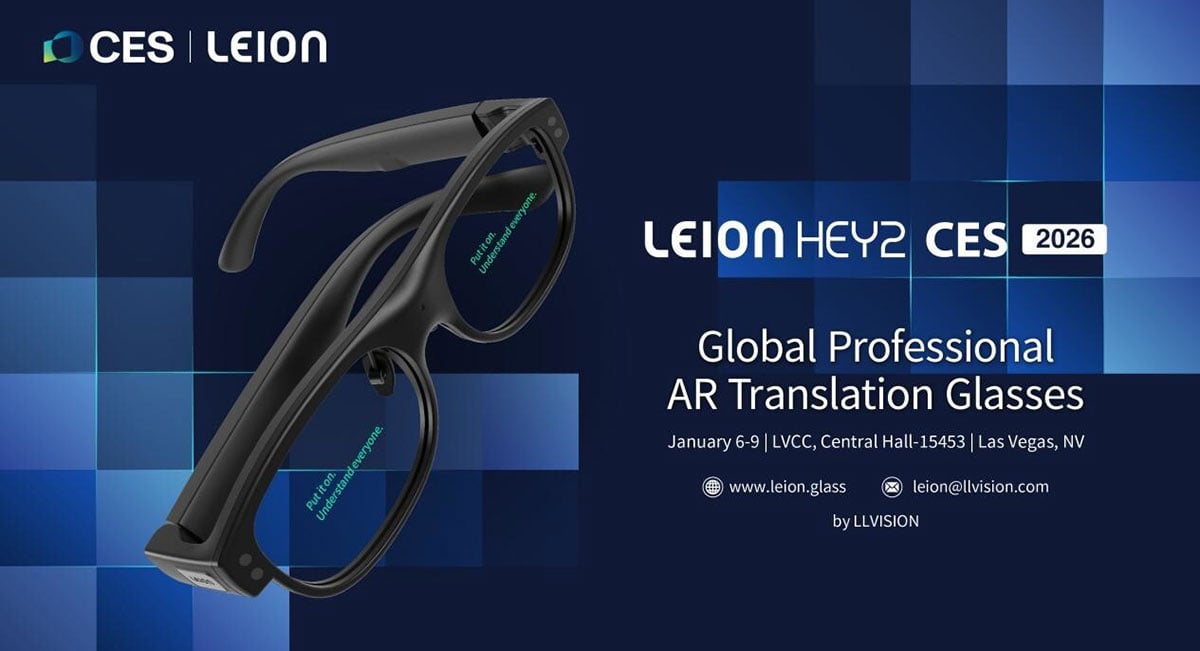In a study published in Intelligent Systems, Blockchain and Communication Technologies, electrical and computing engineering professor Kasem Khalil demonstrates a new technology developed at his lab.
“For this issue, a few minutes or even a few extra seconds is going to give this person the care they need before it becomes worse,” said Khalil. “Compared to traditional methods, our technology is up to two times faster, while still highly accurate.
“Our target was not only to increase performance for classifying heart attacks. We are also focusing on the design. If we want to make this device a usable machine for any person, that means it has to be something lightweight and economic.”
Reportedly, in the US someone dies of a heart attack every 40 seconds, and heart disease is the country’s leading cause of death.
Khalil and his team used artificial intelligence (AI) and advanced mathematics to engineer a chip that can analyse electrocardiograms (ECGs) and detect a heart attack in real time. The technology they created is lightweight and energy efficient enough to be embedded in wearable devices while still being 92.4% accurate – making the technology more accessible to a wide range of people.
“We wanted to be able to implement this in a way that is real,” said Tamador Mohaidat, a doctoral student in Khalil’s lab and co-author of the publication. “This is portable hardware that can be in wearable or monitoring devices.
“This method will save lives because we can monitor the heart in real time.”
Mohaidat focused on creating the AI neutral network and Rahat Kader Khan focused on building the software for the device. Khan, a second-year computer engineering graduat,e remarked that the Khalil lab is unique in that it focuses on all aspects of the technology they want to create.
“Some labs only focus on the software part, and they don’t think about the hardware that’s needed,” said Khan. “But in our lab, we focus on the whole product. Each of us has a responsibility, but we work together. That’s how we optimize the whole system, by focusing on the overall architecture.”
Existing methods for identifying heart attacks happen in a medical facility. A patient who is experiencing telltale signs of a heart attack – like chest pains – must go through an ECG or blood test to diagnose their condition.
All of this takes up time that the patient may not have. If a wearable device can cut down on diagnosis time, patients could get faster treatment that they urgently need.
“When a patient is having a heart attack, the sooner you can treat them, the less likely they are to have permanent damage,” explained Khalil. “There’s a huge time-sensitive element to heart attacks.”
While they continue to develop the technology, Khalil said he saw other healthcare applications using this device.
“We want to be able to predict or identify many problems using technology like this,” he said. “Whether that’s heart attacks or seizures or dementia. The detection of a disease or condition depends on the disease itself, but we’re working to find faster, more efficient ways of doing that.”













